Star Trek’s Most Iconic Hero Almost Murdered The President
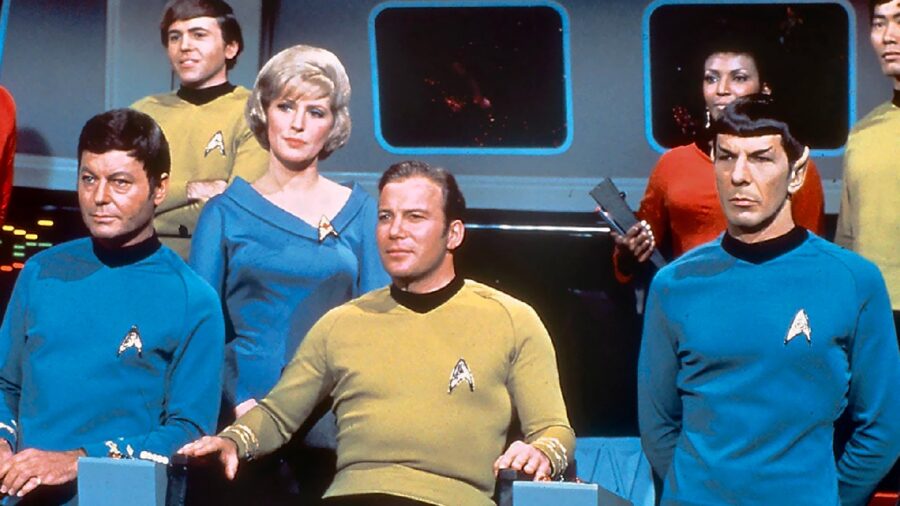
What if Star Trek icon Spock was actually the gunman on the grassy knoll who shot and killed JFK? It sounds like the kind of fever dream story a fan might dream up after drinking too much Romulan ale, but this was actually part of a pitch that franchise creator Gene Roddenberry had for a Star Trek film. In this movie that never was, the Klingons were going to create a better future for themselves by ironically preventing the assassination of JFK, and it was going to be up to Spock to pull the trigger and essentially save the future.
Did Anyone Check Lee Harvey Oswald’s Ears?
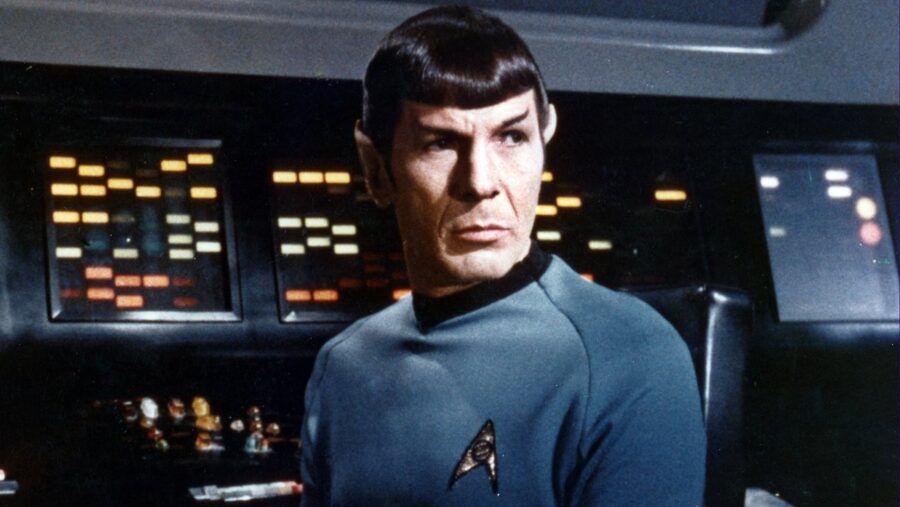
To understand how we nearly got such a bonkers Star Trek story, you need to know a bit more about the very first film in the franchise. Star Trek: The Motion Picture is a beautiful film that functions like a big-budget episode of The Original Series, but Paramount felt the movie didn’t bring in enough revenue (it made $139 million worldwide) to justify its budget ($44 million, which was quite expensive in 1979). The studio thought the film would have performed better if it had more action (critics jokingly called it “The Motionless Picture”), so Roddenberry came up with an action-packed sequel involving Spock and JFK.
The Guardian Of Forever Keeps Coming Back… Forever
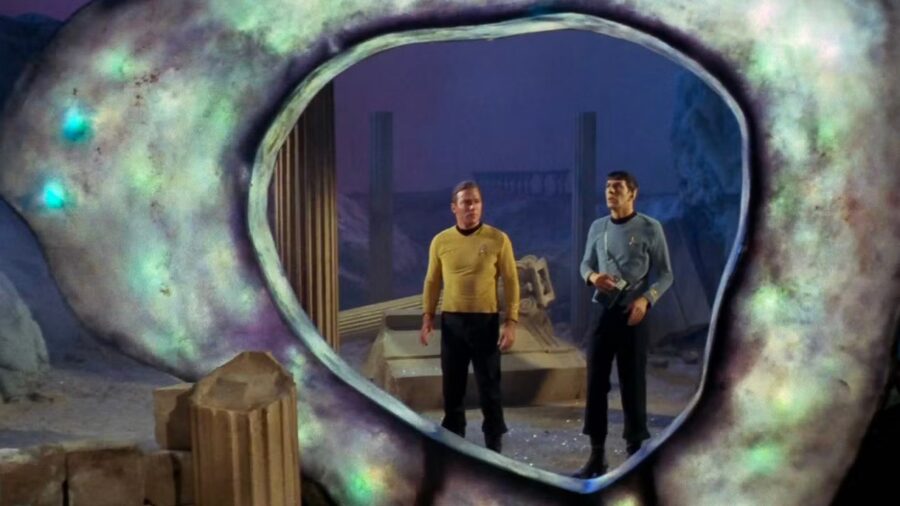
He also wanted the film to have plenty of fan service, so the plot involved two fan-favorite elements from Star Trek: The Original Series: the villainous Klingons (who only had a brief cameo in the first movie) and the Guardian of Forever, a magical portal that could transport people to any time or place in history. In the episode “City on the Edge of Forever,” Dr. McCoy went back in time and saved the life of a future activist who delayed America entertaining World War II long enough for the Nazis to win.
Starfleet ceased to exist, and a time-traveling Kirk had to make the heartbreaking decision to let her die in order to save the future. The fact that he had fallen in love with this woman and still let her die remains one of the bleakest aspects of Kirk’s storied career.
City On The Edge Of An Old Premise
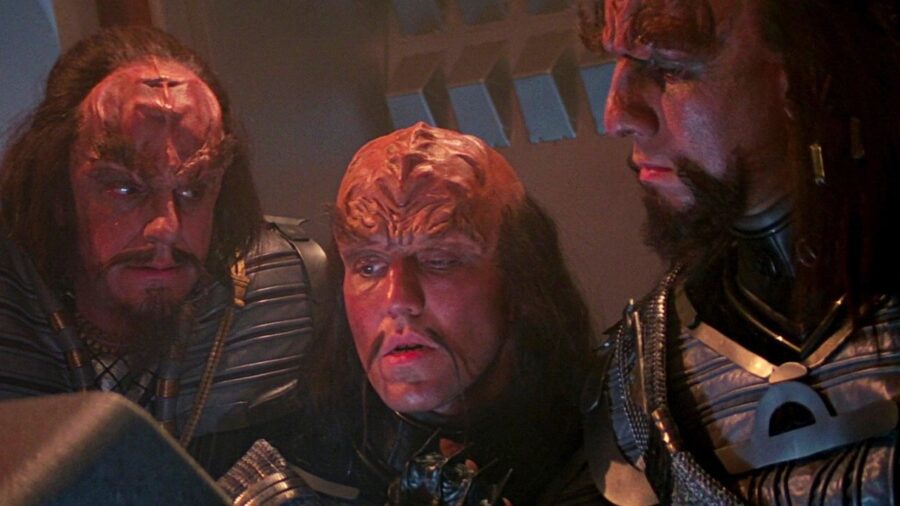
Where do Spock and JFK come into play, though? Gene Roddenberry envisioned the Klingons using the Guardian of Forever to prevent the assassination of Kennedy, and this action (as positive as it might have seemed) led to the Federation never existing. As in “City On the Edge of Forever,” the Enterprise remained untouched by the changes to the timeline, and Captain Kirk and crew would be able to go back in time and reverse what the Klingons had done, effectively letting the president die as history had recorded.
Star Trek… 3…?
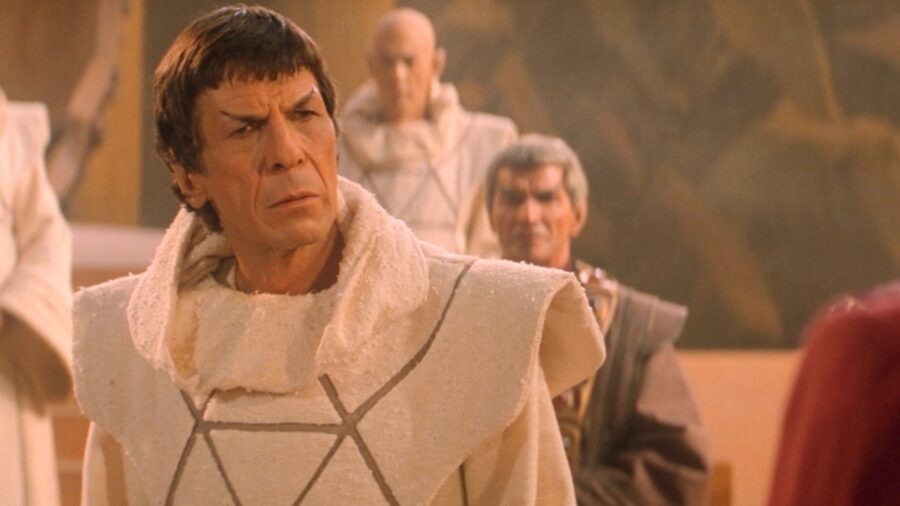
In the original draft for this movie (which Gene Roddenberry weirdly called Star Trek III because he felt the first film was really a sequel to the series), Spock didn’t personally pull the trigger on JFK. However, Paramount pulled the trigger on Roddenberry’s script. It was quickly rejected, and the franchise creator never got a firm reason from the studio.
Dude, Let It Go
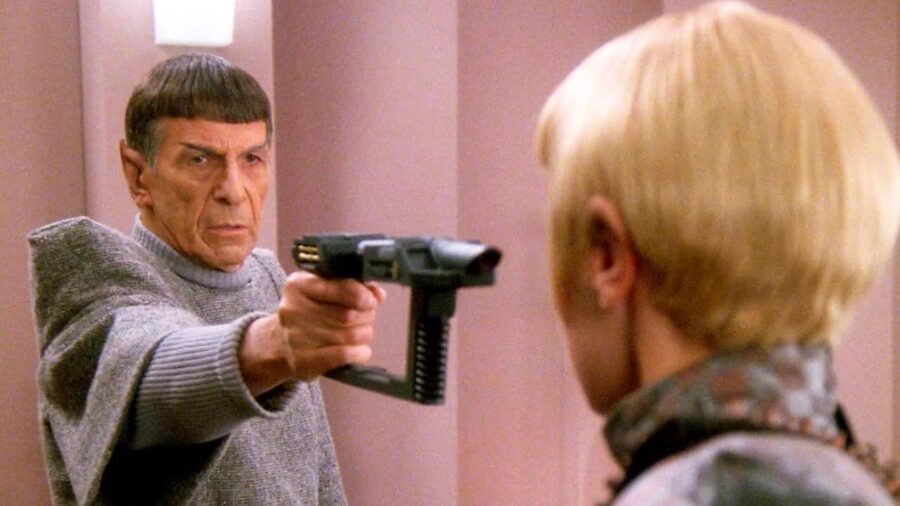
However, Gene Roddenberry wouldn’t let the idea go: even after he was promoted to Executive Consultant and Harve Bennett began overseeing the films, Roddenberry kept pitching his crazy Star Trek idea. Bennett would later claim that Roddenberry pitched it for the second, third, fourth, and fifth films in the franchise. The general idea for the story remained the same, but one revision included the dark wrinkle that Spock would have to personally shoot JFK in order to preserve history.
It’s For The Best
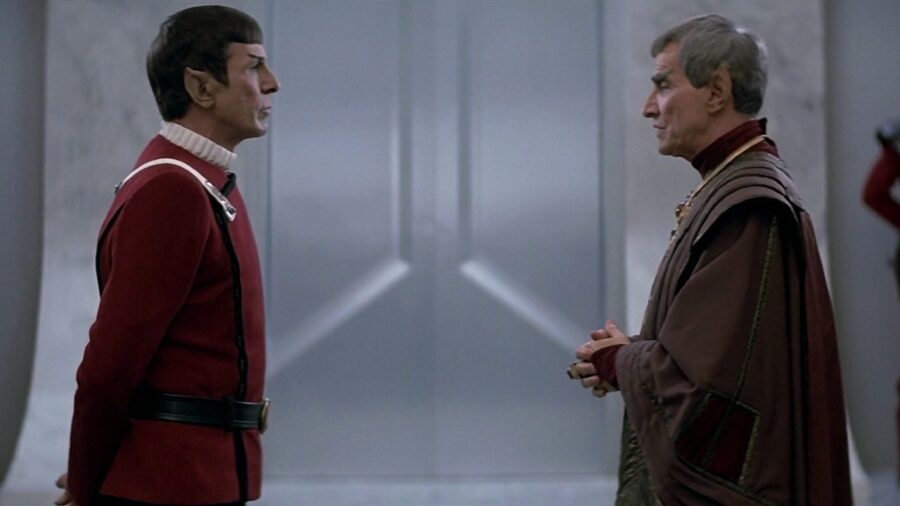
While we would honestly have loved to see Paramount bring such a bonkers idea to life, it’s ultimately for the best that we never got a Star Trek movie where Spock had to shoot JFK in the head. For one thing, it’s weird to think that Klingons would travel back in time and end up saving an important person’s life rather than just causing mass destruction. For another, we don’t think we could ever look at the Vulcan whose catchphrase is “live long and prosper” the same way again if he became such a cold-blooded killer.
As Spock might say, Paramount killing Gene Roddenberry’s idea was only logical, even if the idea itself is admittedly fascinating.











